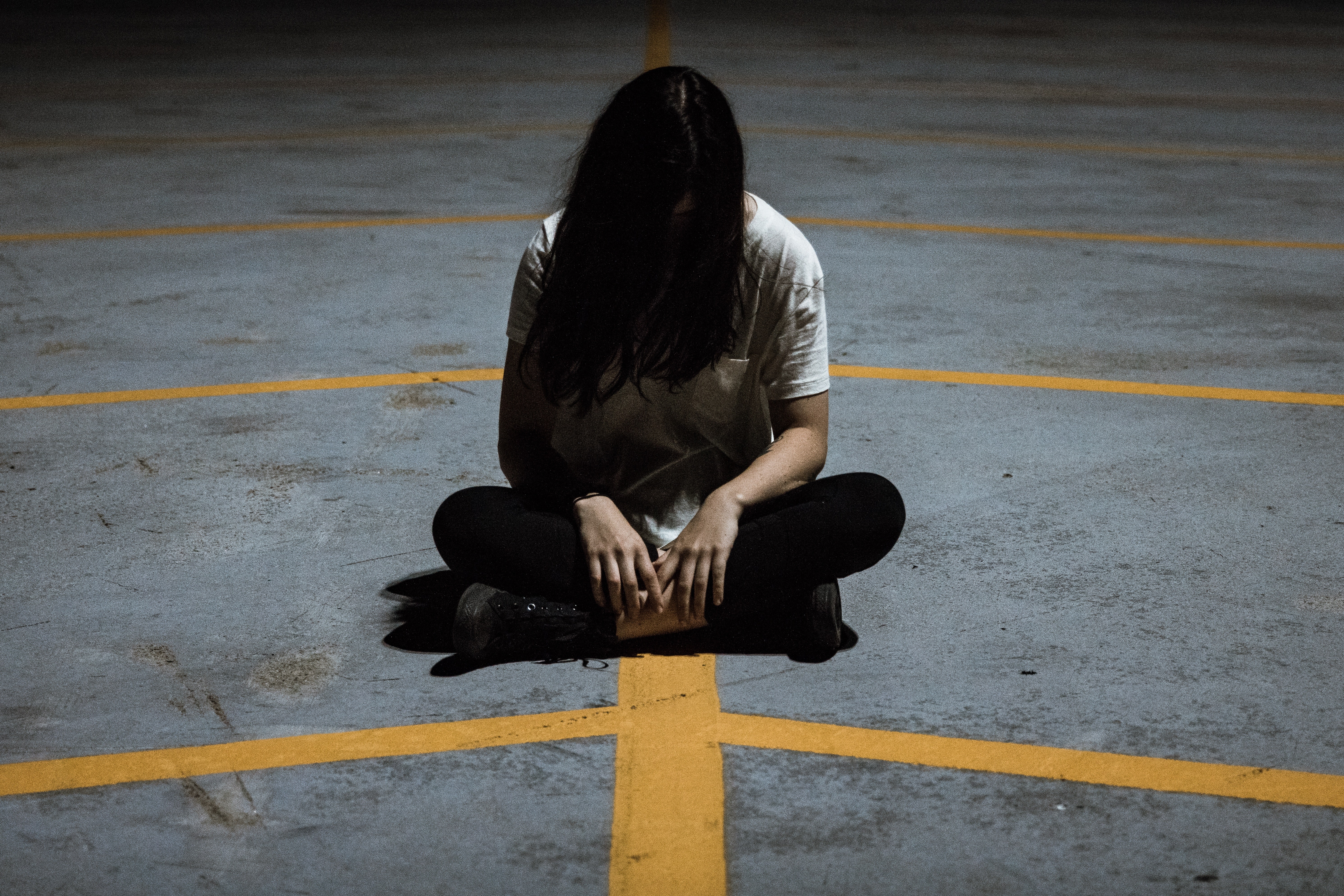Depression Counselling
What is Depression?
Everybody feels sad or low from time to time, but if you experience these feelings intensely, for no apparent reason and for long periods of time, this is called depression and is a condition which affects your physical and mental health. If you feel sad for weeks at a time, have low energy or motivation and no longer find joy in things that used to interest you, you might be experiencing depression.
Depression does not necessarily mean just feeling sad. You may feel numb, irritable, angry, restless, guilty, worthless or frustrated. These feelings are overwhelming and long-lasting and affect how you think, feel and what you do. Often it is not something you can control or simply get over.
Depression can be a serious medical condition, and treatment is available that can help.
Signs and Symptoms of Depression
Depression affects how people feel, think and act. It makes it more difficult to manage day-to-day life and interferes with study, work and relationships. You may be depressed if you have felt sad or down most of the time for a period of time greater than a few weeks, you have lost interest in activities that you usually enjoy or you have become withdrawn from friends or family.
You may also experience some or many of the following signs or symptoms:
Feelings
- Ashamed
- Frustrated
- Short -tempered
- Low confidence
- Overwhelmed
- Unhappy or miserable
- Indecisive
- Worthlessness
Thoughts
- ‘I’m a failure.’
- ‘It’s my fault.’
- ‘Good things don’t happens to me.’
- ‘I’m worthless.’
- ‘There’s no point living.’
- ‘Everyone would be better off without me.’
- ‘There is nothing good in my life.’
- ‘Things will never change.’
Physical
- Tiredness, low energy, fatigue and reduced activity
- Sick
- Headaches
- Upset stomach
- Trouble sleeping
- Lack of appetite
- Significant weight changes
- Trouble concentrating, making decisions and remembering things
- Slowed body movements, thinking or speech
- Difficulty sitting still, pacing or hand-wringing
- Diminished sex drive
Behaviour
- Avoiding going out
- Not completing tasks at work/school
- Withdrawing from loved ones
- Using alcohol and other drugs
- Not doing activities you usually enjoy
- Finding it difficult to concentrate
- Crying for no reason
It is important to note that everyone experiences some of these symptoms at certain times and feeling this way does not necessarily mean a person is depressed. Similarly, not every person who is depressed will experience all these symptoms.
Causes of Depression
While we don’t know exactly what causes depression, it does not generally result from a single event, but rather from a combination of biological, psychological, social and lifestyle factors.
Treatment of Depression
Depression is different for everyone, and there is no one size fits all proven way that people recover. However, there are a range of effective treatments and health professionals to assist you on your road to recovery. There are also lots of things you can do for yourself to both recover and then stay well. The most important thing is finding the right support for you. This often starts with a visit to your general practitioner.
Recovery and Staying Well
Recovery can take time, and it is different for everyone. It is a unique, individual process that everyone goes through differently. What’s important is getting the treatment and support that’s right for your particular condition and situation.
When you are depressed it can feel like you are trapped with no escape and no end in sight. Counselling in a safe and supportive environment can help you develop strategies that can assist in reducing the symptoms of depression and improving your quality of life.
Remember, support is available. If you or a loved one is experiencing any symptoms of depression get in touch with us today via email at info@wellbeingtherapyspace.com.au.
Do you need help dealing with depression?
Make the first step…

